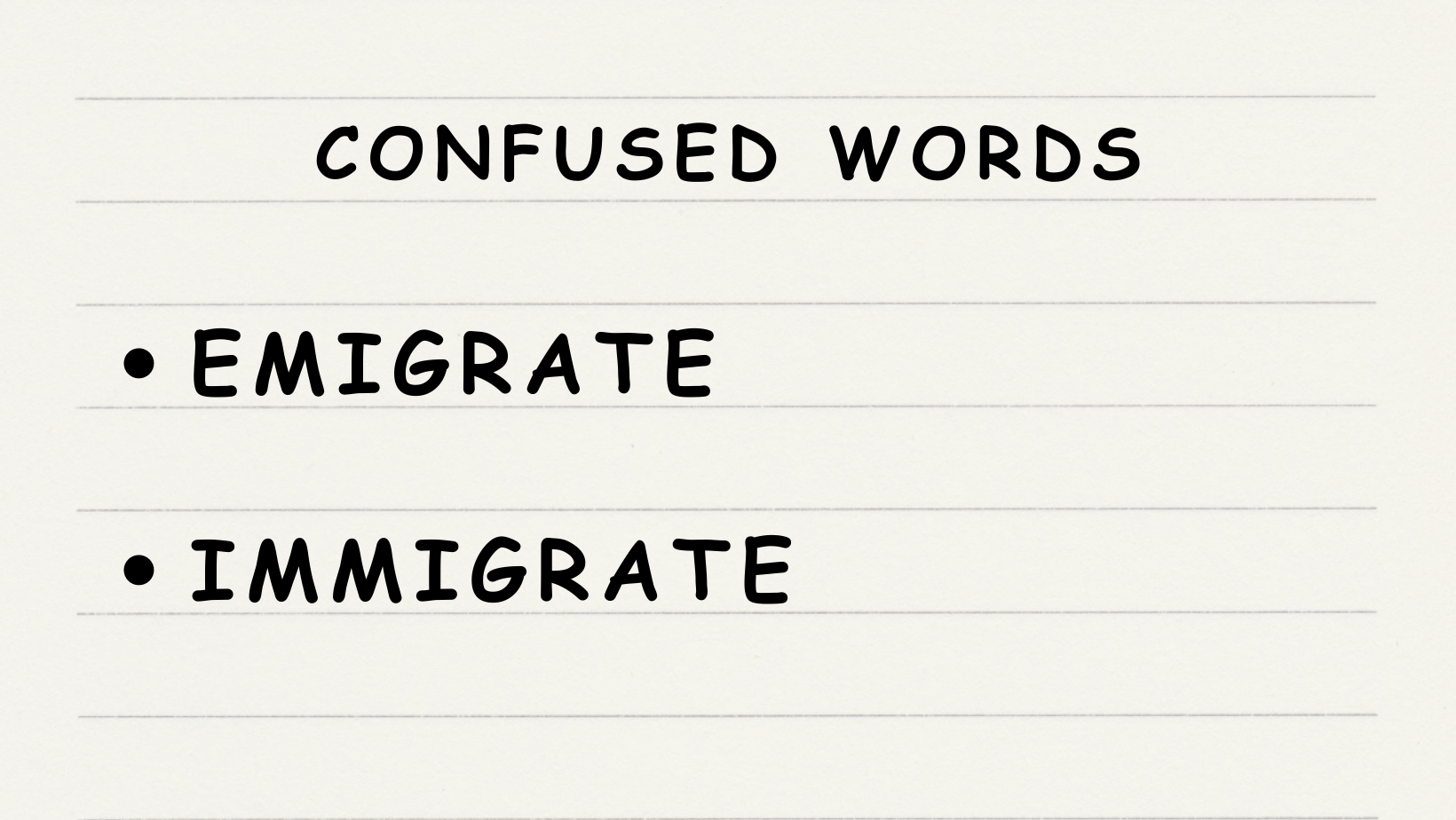
Hello learners! Today, we’re tackling the commonly mistaken words: too and also. Both are used to add information, but they are used differently. Let’s delve into each one to understand the distinctions!
Too
The word too (IPA: /tuː/) is used when you want to indicate excessiveness or addition. It usually comes at the end of a sentence.
Here are 10 examples to demonstrate:
- It’s too hot today. (The weather is excessively hot)
- She’s tired, and I’m too. (I am also tired)
- This bag is too heavy for me to lift. (The bag is overly heavy)
- She’ll be going to the concert too. (She will also be going to the concert)
- He was driving too fast. (He was driving excessively fast)
- The cake was too sweet for my liking. (The cake was overly sweet)
- I miss you too. (I also miss you)
- The noise is too loud. (The noise is excessively loud)
- They’re coming to the party too. (They are also coming to the party)
- I want to go too! (I also want to go)
Also
Also (IPA: /ˈɔːlsoʊ/) is an adverb which means “in addition.” It’s generally used before the verb or at the beginning of a sentence.
Check these examples:
- I also want a slice of cake. (In addition to others, I want a slice of cake)
- She’s an artist. She’s also a talented musician. (In addition to being an artist, she’s a musician)
- He will also be joining us later. (He will join us later in addition to others)
- They also need to complete their homework. (In addition to other tasks, they need to complete their homework)
- I also think we should leave early. (In addition to other opinions, I think we should leave early)
- We also provide delivery services. (In addition to other services, we provide delivery)
- She also likes chocolate ice cream. (In addition to liking other flavors, she likes chocolate)
- He’s also considering moving to Spain. (In addition to other considerations, he’s thinking of moving to Spain)
- I also feel that way. (I feel the same way in addition to others)
- They also suggested a picnic in the park. (In addition to other suggestions, they suggested a picnic)
Conclusion
In essence, both too and also add information, but they do it in slightly different ways and their position in sentences usually differs. So next time you’re writing or speaking, remember these differences and use each word correctly!


